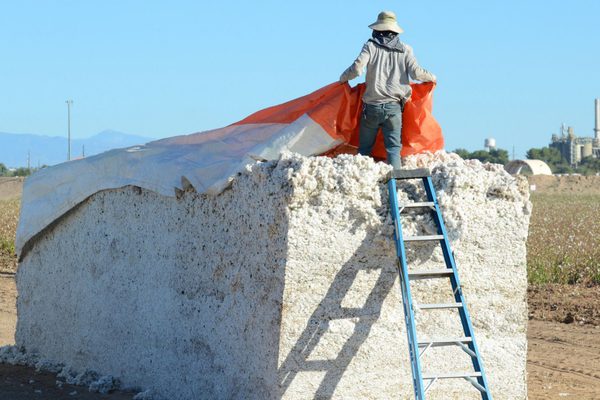Commodities Explainers
6 February 2023

Commodity traders face significant challenges in carrying out human rights due diligence (HRDD). From sourcing in conflict, high-risk or environmentally or culturally vulnerable zones, to child or forced labour in the supply chain, forced community resettlement, there are a multitude of human rights risks all through the supply chain.
The movement of commodities is another area where trading activities may be associated with human rights abuses – for example the rights of workers in shipping or warehousing.
Storage infrastructure for commodities, such as tank terminals, may also be associated with adverse impacts, such as fuel leaking from storage tanks adversely impacting public health.
However commodity traders may feel quite distant from the high risk areas of commodity sourcing, and, in the case of spot trading for example, their connection with the commodity in question may be very short. This does not mean that commodity traders are exempt from their responsibility to respect human rights across commodity supply chains.
In 2018 the Swiss Federal Department of Foreign Affairs (FDFA) and the State Secretariat for Economic Affairs (SECO) oversaw the publication of guidance to help representatives of commodity trading firms to implement the UN Guiding Principles on Business and Human Rights (UNGPs) in their own systems and company cultures.
IHRB has produced a series of explainers downloadable as PDFs, which spotlight elements of the guidance on HRDD:
These explainers provide insight and pointers on each of the above issues and are designed to encourage further research and implementation of the wider process of HRDD through the trading company.
An online version of this guidance is available at www.commodity-trading.org. This website, recently updated to include latest developments in legislation and business and human rights thinking, provides a step-by-step guide for commodity traders on implementing HRDD.

